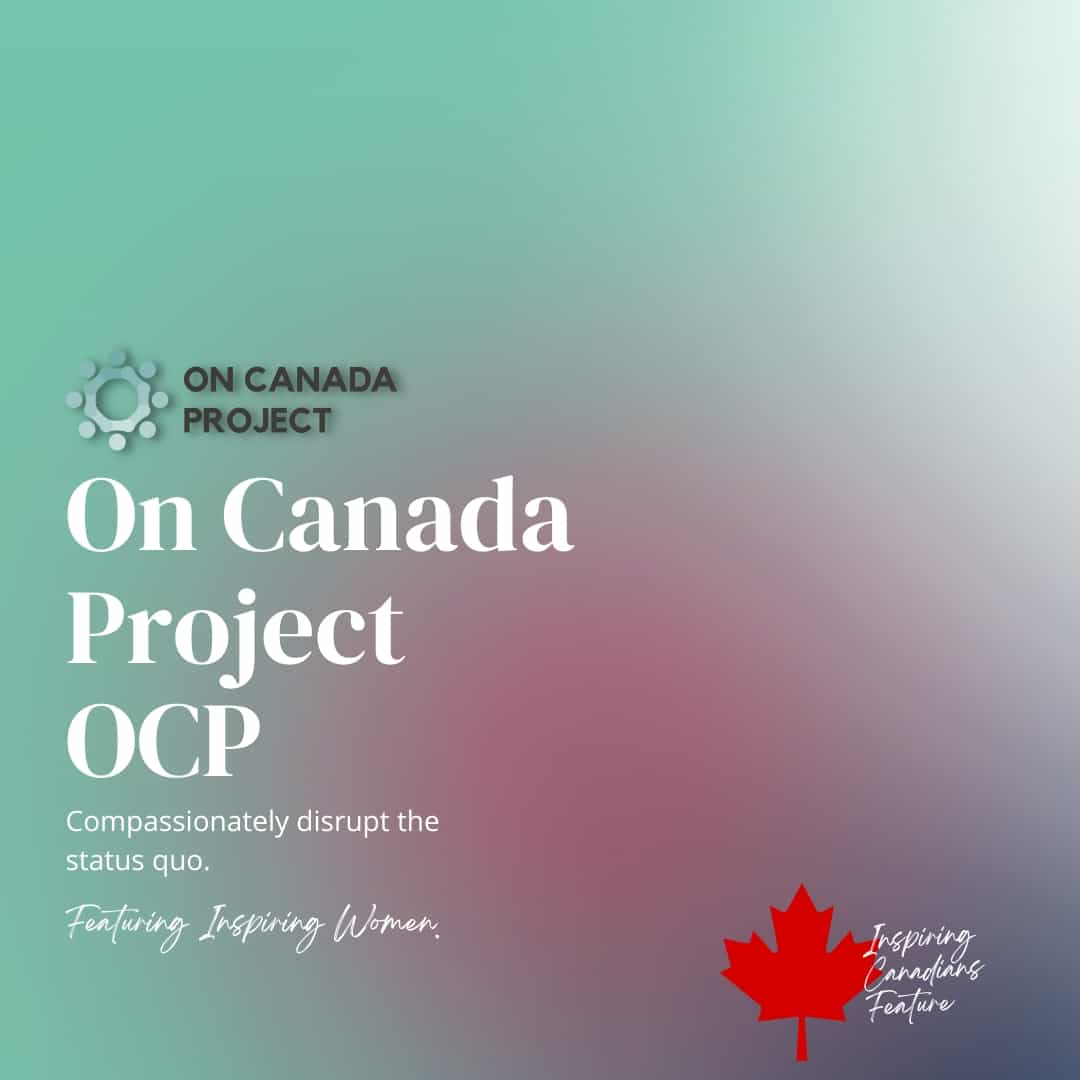 Vous êtes nouveau au Canada et vous étudiez dans un établissement canadien ? Ou vous êtes sur le point d'entreprendre vos études ici ? Si oui, vous devriez lire ces précieux conseils ! Ils faciliteront votre transition et vous aideront à tirer le meilleur parti de vos études au Canada. De plus, ils vous permettront de vous adapter plus facilement à la vie au Canada et d'explorer sa riche culture.
Vous êtes nouveau au Canada et vous étudiez dans un établissement canadien ? Ou vous êtes sur le point d'entreprendre vos études ici ? Si oui, vous devriez lire ces précieux conseils ! Ils faciliteront votre transition et vous aideront à tirer le meilleur parti de vos études au Canada. De plus, ils vous permettront de vous adapter plus facilement à la vie au Canada et d'explorer sa riche culture.
10 conseils pour les nouveaux étudiants internationaux au Canada
Vous avez pris la bonne décision d'étudier dans l'un des pays les plus beaux et les plus diversifiés du monde : le Canada ! Vous y trouverez d'incroyables opportunités de développement personnel.
- Faites du réseautage une priorité
- Impliquez-vous dans la vie du campus
- Tirez parti de la technologie et des ressources en ligne
- Explorez le pays
- Faites un effort pour vous connecter à la culture canadienne
- Rechercher des services de soutien
- En savoir plus sur le système fiscal canadien
- Vérifiez régulièrement votre statut d'immigration
- Comprendre vos options de couverture santé
- Protégez vos objets de valeur
Faites du réseautage une priorité
Créer des liens et réseauter est essentiel à la réussite dans tous les domaines, surtout pour les étudiants qui arrivent dans un nouveau pays. Profitez des formidables opportunités qui s'offrent à vous pour rencontrer des personnes qui pourront vous soutenir dans vos études, vous présenter des ressources ou vous conseiller. De plus, le réseautage peut vous ouvrir des perspectives d'emploi et de stage, alors commencez à développer votre réseau dès aujourd'hui !
Impliquez-vous dans la vie du campus
Saisissez toutes les occasions, grandes ou petites, de vous impliquer dans la vie du campus. Joignez-vous à des clubs et à des organisations liés à votre domaine d'études ou à des activités parascolaires. Participez aux réunions et événements étudiants. Non seulement vous aurez l'occasion de vous faire des amis et de développer des relations avec des personnes de différents pays, mais vous acquerrez aussi de l'expérience et des compétences qui vous seront utiles plus tard. De plus, en vous impliquant, vous pourrez en apprendre davantage sur la culture canadienne et mieux comprendre son fonctionnement.
Tirez parti de la technologie et des ressources en ligne
La technologie peut être un outil précieux pour les étudiants internationaux. Profitez des ressources en ligne pour rester en contact avec votre famille, vos amis et votre pays d'origine. Utilisez-la pour rester organisé, accéder aux ressources de cours, faire des recherches sur des sujets liés à votre domaine d'études ou même trouver de nouvelles opportunités. De plus, de nombreuses universités et collèges canadiens offrent une variété de ressources en ligne, comme des bibliothèques virtuelles, des portails étudiants et des plateformes d'apprentissage en ligne. Il est important d'explorer les ressources disponibles et de vous assurer de les utiliser à votre avantage.
Explorez le pays
Le Canada est un pays vaste et magnifique, chaque province offrant une culture unique à explorer. Prenez le temps de voyager et d'explorer les différents sites que le Canada a à offrir. Des merveilles naturelles comme les chutes du Niagara aux villes incroyables comme Toronto ou Vancouver, en passant par les communautés rurales du Québec et de l'Alberta, des expériences incroyables vous attendent partout ! Il est important de sortir et d'explorer le pays, car cela vous permettra de mieux comprendre la culture canadienne et de tisser des liens avec les gens qui vous entourent.
Faites un effort pour vous connecter à la culture canadienne
Apprendre la culture et les coutumes canadiennes est essentiel pour s'adapter à la vie au Canada. Se renseigner sur la cuisine, la langue, les festivals, les sports et autres éléments culturels locaux vous aidera à mieux comprendre votre nouveau pays. Vous pouvez également profiter de diverses activités culturelles, comme assister à des spectacles de musique ou d'art, visiter des musées locaux ou participer à des célébrations culturelles. Il est également important de se renseigner sur l'histoire du Canada et sur les peuples autochtones du Canada ; leurs récits font partie intégrante de la culture de ce pays.
Rechercher des services de soutien
En tant qu'étudiant international, il est important de profiter des services de soutien qui vous sont offerts. La plupart des universités et collèges canadiens offrent un accès à des conseillers pédagogiques, à des conseillers en santé mentale et à des ressources pour les étudiants internationaux. Prenez le temps de vous familiariser avec les services de soutien disponibles et n'hésitez pas à les contacter en cas de besoin.
En savoir plus sur le système fiscal canadien
Il est important de comprendre le fonctionnement des impôts au Canada, surtout si vous travaillez tout en étudiant. Renseignez-vous sur le système fiscal canadien et assurez-vous de produire votre déclaration de revenus chaque année afin de bénéficier des prestations et crédits auxquels vous pourriez avoir droit. Assurez-vous également de suivre tous vos revenus et dépenses, car ils seront importants lors de votre déclaration de revenus.
Vérifiez régulièrement votre statut d'immigration
Il est important de vérifier régulièrement votre statut d'immigration afin de vous assurer que tous vos documents sont à jour. Soyez attentif à toute modification législative susceptible d'affecter votre statut et notez les dates de renouvellement ou de demande de prolongation de visa. Il est également important de conserver votre passeport et vos autres documents d'immigration en lieu sûr. Veillez également à demander les mises à jour ou les prolongations nécessaires avant leur expiration.
Comprendre vos options de couverture santé
Il est important de comprendre vos options de couverture santé au Canada. Le gouvernement offre une assurance maladie, mais vous pourriez avoir besoin d'une couverture supplémentaire si vous n'y êtes pas admissible. Explorez les différents régimes d'assurance maladie privés et assurez-vous d'avoir une couverture adéquate pour accéder aux services médicaux en cas de besoin. Il est également important de savoir quels services médicaux sont couverts par votre régime et d'utiliser ces ressources en cas de besoin.
Protégez vos objets de valeur
En tant qu'étudiant international, il est important de protéger vos objets de valeur. Assurez-vous de conserver vos documents et effets personnels importants sous clé et soyez toujours vigilant. Surveillez également vos cartes de crédit et vos comptes bancaires, et ne transportez jamais d'importantes sommes d'argent liquide.
En suivant ces conseils, les étudiants internationaux pourront profiter pleinement de leur expérience canadienne et s'adapter à la vie dans un nouveau pays. Avec du travail et de la persévérance, vous pourrez profiter des nombreuses opportunités qu'offre le Canada !
En résumé
Le Canada est un pays incroyable qui offre de nombreuses expériences uniques aux étudiants internationaux. Avec la bonne attitude et la volonté d'apprendre, vous pourrez profiter pleinement de votre séjour au Canada. Profitez des ressources en ligne, explorez le pays, découvrez la culture locale et recherchez des services de soutien. En suivant ces conseils, vous pourrez profiter pleinement de votre expérience au Canada !


















